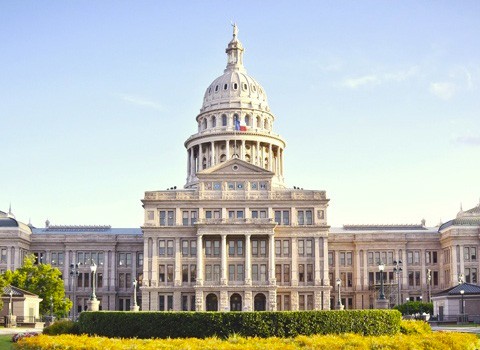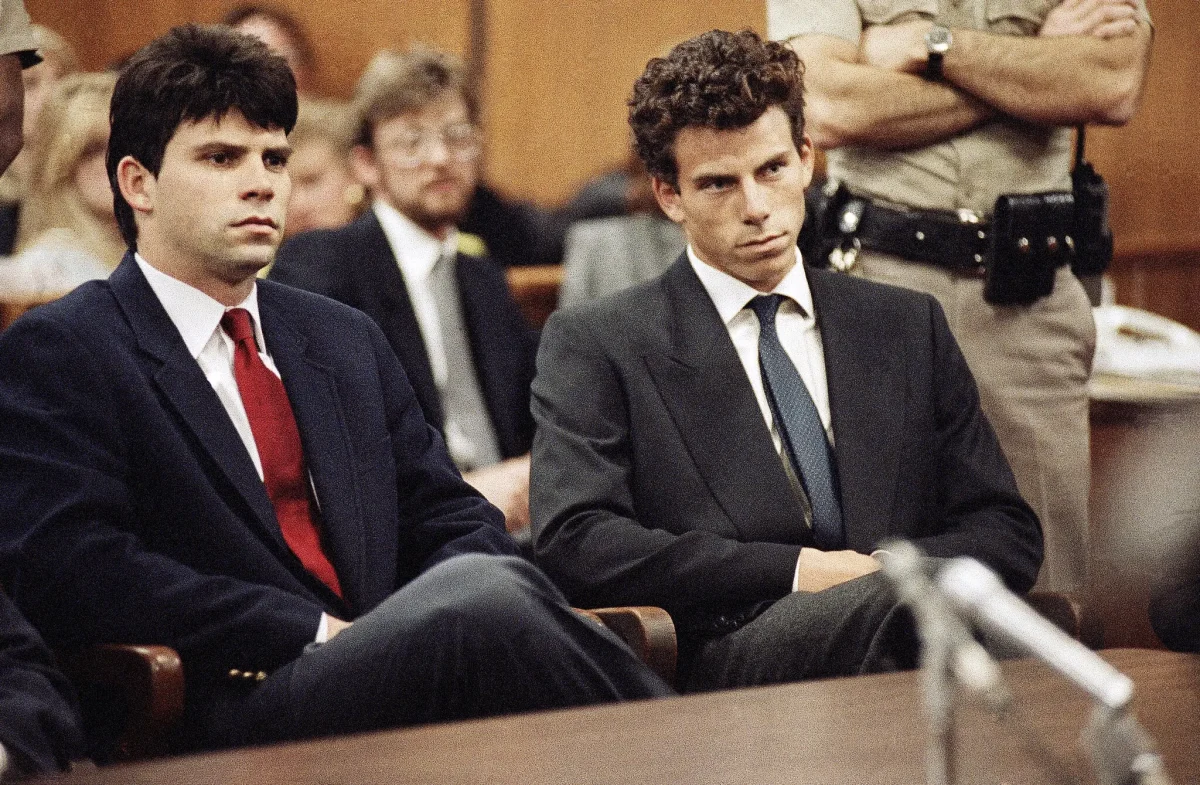On the 26th of September, the Texas Supreme Court declared Senate Bill 12 unconstitutional because it prevented freedom of speech and expression among the drag community and violated both the First and Fourteenth Amendments.
The ruling overturned by Judge Henry Hittner ultimately decided that the ban against drag shows was unconstitutional and overly vague. The vague language used in Bill 12 automatically targeted drag shows by “restricting certain sexually oriented performances on public property.”
Other states like Arizona, Louisiana, Ohio, and South Carolina have also passed similar bills. This is the common flow of lawmaking as when one state passes a bill, other states gain the confidence to do so.
The court states, “There is no doubt that at the bare minimum, these performances are meant to be a form of art that is meant to entertain, alone this would warrant some level of First Amendment protection.”
It has been declared unconstitutional due to the fact that upon interpretation, lawmakers could begin to target other activities where people dress up and perform like cheerleading, dancing, and live theater. This would mean that these activities are also sexual in nature and consequently lead to their ban. This was the main argument for the opposing side who believed the bill had a direct target which was the LGBTQ+ community specifically.
In support of the LGBTQ+ community, the court ruling reads, “Drag shows express a litany of emotions and purposes, from humor and pure entertainment to social commentary on gender roles,”
The bill specifically prohibits a “male performer exhibiting as a female, or a female performer exhibiting as a male, who uses clothing, makeup, or other similar physical markers and who sings, lip-syncs, dances, or otherwise performs before an audience.”
These descriptions once again reference the main problem drag performers had with this bill claiming it is targeting the drag community in particular as it forgets that dance may also do these same things. The Bill itself argues that drag shows are sexual in nature but that is not always true. Some drag shows are purely for entertainment and even performed for kids as there are children who enjoy drag.
The American Civil Liberties Union of Texas filed the lawsuit for the plaintiffs in alliance with LGBTQ+ Texans and advocated for their right to free expression, continuously protesting against the ban. Their relentless support was very appreciated and well-received across the LGBTQ+ community.
When asked what drag meant to her, Brigette Bandit, a drag performer in Texas who testified against the state Senate states, “Being able to exist outside of like this heteronormative, cisgender-normative society is so freeing, and being able to find community outside of that too, and get to know all different kinds of perspectives and people is really empowering and fun.”










